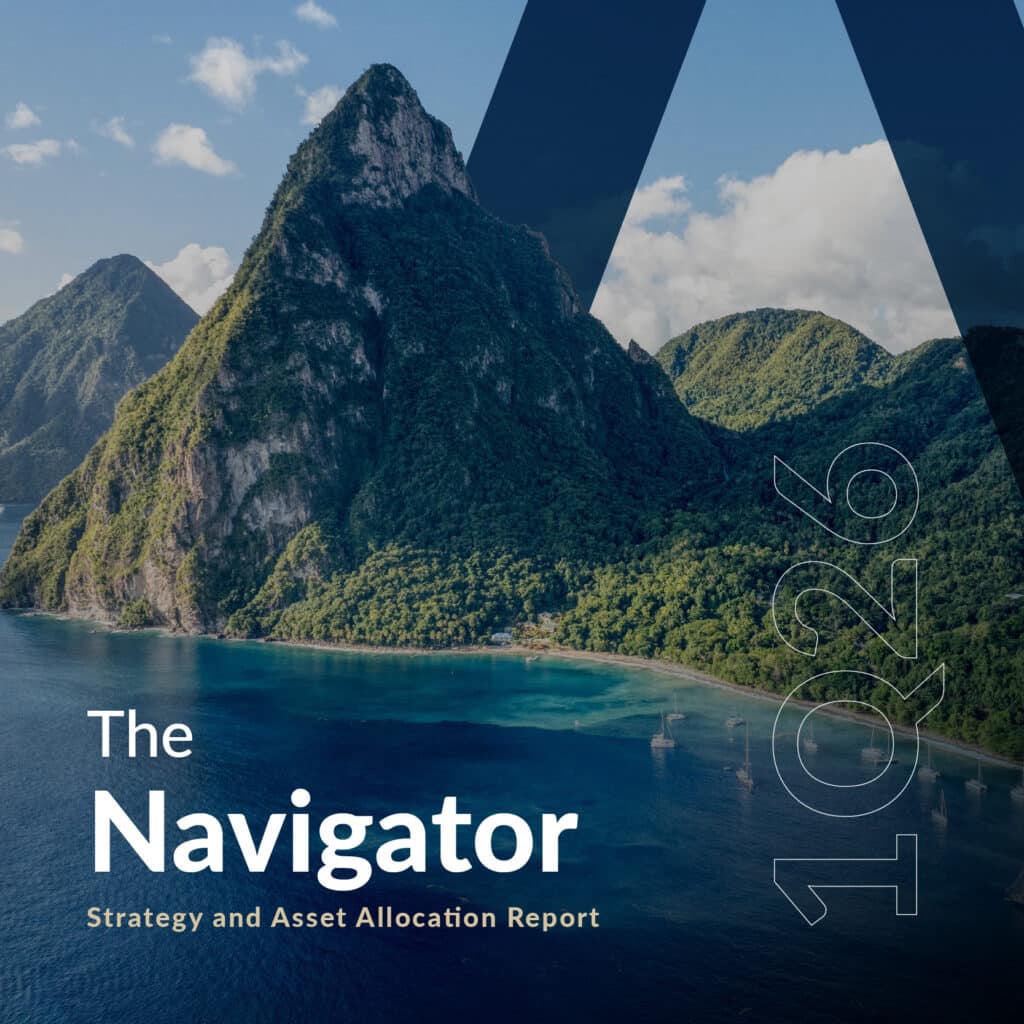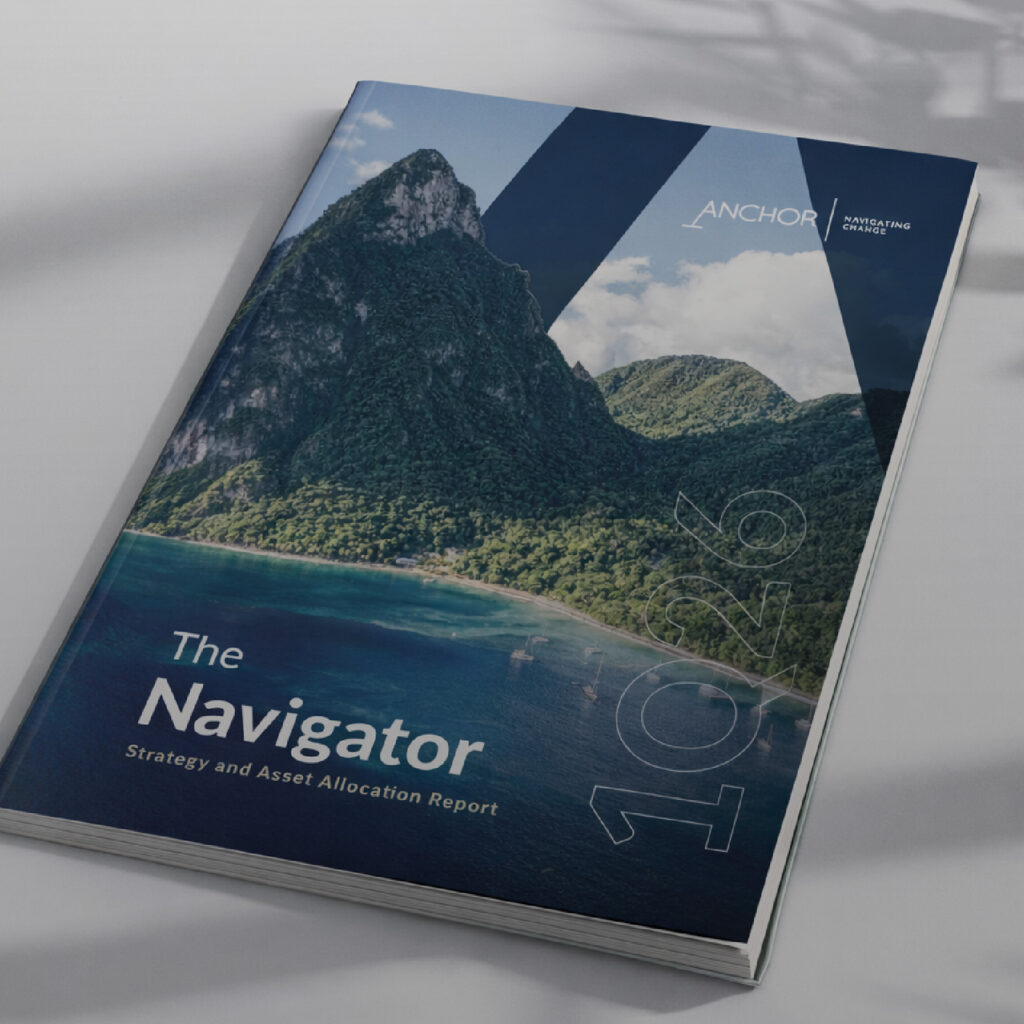Finance Minister Tito Mboweni on Wednesday (30 October) tabled his Medium Term Budget Policy Statement (MTBPS), or mini-budget, before Parliament. The MTBPS painted a rather bleak picture of SA’s finances with an increasing budget deficit, low GDP growth and state-owned enterprises (SOEs) in continued financial disarray. Below, we highlight some of the main points coming out of the MTBPS:
- The national debt was R3trn this year. It is expected to jump to R5trn in three years’ time if there are no policy changes.
- A deterioration in debt to GDP assumptions: The MTBPS estimates a significant deterioration in government’s debt to GDP projections and the budget deficit, which is expected to widen vs 2019 budget estimates as debt and debt-service costs continue to rise. The deficit is expected to average 6.2% of GDP over the next three years. Gross debt is also projected to grow over the medium terms from 61% of GDP this fiscal year to 71.3% of GDP by 2022/2023, and 81% by 2027/2028 (if it remains on its current trajectory).
- Budget shortfall: SA’s 2019/2020 budget shortfall (in terms of gross tax revenue) is expected to be R52.5bn (4% less than previously expected). This means a revised R1.37trn in taxes will be collected vs the R1.422trn that was forecast in February’s budget, reflecting the poor economic and employment outlook. Job losses, lower wage settlements and smaller bonuses will further reduce personal income tax collection. The same is true for corporates in the current difficult operating environment, which will see lower-than-expected corporate income tax collections, weak household consumption and downward revisions to medium-term tax revenue.
- GDP growth: Following flat growth in 1H19, the SA economy is now forecast to grow by only 0.5% this year which is in stark contrast to the 1.5% growth forecast in February’s budget.
- Government spending cuts not enough. Although government has clawed back some of the revenue shortfall through reductions to departmental baselines and slower spending growth, these reductions are not enough. Mboweni believes “additional measures, particularly on the wage bill, will be required to stabilise the debt outlook and improve the composition of spending.” Over the next three years, consolidated spending will total R6.3trn, with 48% of this amount going towards social grants, education and healthcare. In short, revenue shortfalls and rising spending pressures are threatening government’s ability to maintain existing levels of service provision and infrastructure investment.
- Government wage bill: Mboweni says SA has an unsustainable public service wage bill – for every R100 government collects in taxes, R46 is spent on paying public servant salaries. Currently at c. R600bn, it represents about 35% of projected annual spending of c. R1.67trn. In the MTBPS, Mboweni blamed above-inflation salary increases which account for the largest proportion of this spending. After adjusting for inflation, average remuneration in the public service rose 66% between 2006/2007 and 2018/2019 and the average remuneration in public service is higher than that in the rest of the economy.
- SOEs: Mboweni said there would be no more bailouts for SOEs but rather loans, which would have to be repaid with interest. A dedicated liquidity office will be set up for all SOEs at National Treasury with the purpose of assisting them if they want to liquidate their assets. Mboweni said that SAA is “unlikely to ever generate enough cash flow to sustain operations in its current configuration.” Adding that “… operational and governance interventions are required urgently!” He noted that there are conversations involving SAA and potential equity partners, which would “liberate the fiscus from this SAA sword of Damocles.”
- Eskom: While National Treasury will help Eskom, it comes with terms and conditions and measures to bring discipline to Eskom’s finances, as well as a step-up in the timeline for restructuring. “Government has announced a comprehensive set of structural reforms for Eskom and the energy sector, which we are supporting with R230bn over the next 10 years. Very difficult budget adjustments have been made,” Mboweni said. He reiterated that government cannot continue to “throw money” at the power utility, adding that Eskom must run its current plant and equipment better, achieve operational efficiencies, including much better cash management, and fast-track the separation of the utility into three parts.
- NPA and SARS to receive additional funding: The National Prosecuting Authority (NPA) will receive an additional R1.3bn, and the SA Revenue Service (SARS) will get R1bn more for the next two years. This is in an effort to bolster the fight against corruption and improve revenue collection.
- Tough talk on wastage and government expenditure: Guidelines will be introduced that apply to all cabinet and provincial executives’ members, including salary freezes at current levels; the cost of official cars will be capped at R700,000 (incl. VAT), all domestic travel will be in economy and there will no longer be payment for subsistence and travel, domestically or abroad.
- Higher personal taxes? Mboweni indicated that tax measures might be necessary to raise R50bn p.a. over the next three years.
- E-tolls to remain? Gauteng road users will have to pay etolls – “We need to build a culture of payment, as government services can only be sustainable if all of us that can pay for services, do so,” Mboweni said.
- No further information on the NHI: In terms of the National Health Insurance (NHI), which government can ill afford, Mboweni said Treasury is in discussions with the Department of Health, and that Parliament is still considering the NHI Bill. The rollout will require an additional R33bn p.a. from the 2025/26 financial year, according to Treasury. This is in addition to previous estimates from the Green and White Papers of 2011 and 2017, respectively, of R74bn p.a.
We believe that the likelihood of Moody’s lowering its outlook for SA has risen following the MTBPS. Moody’s is the only major rating agency that has not downgraded SA to sub-investment grade (or junk status) and it is expected to announce its credit rating review on Friday (1 November).




